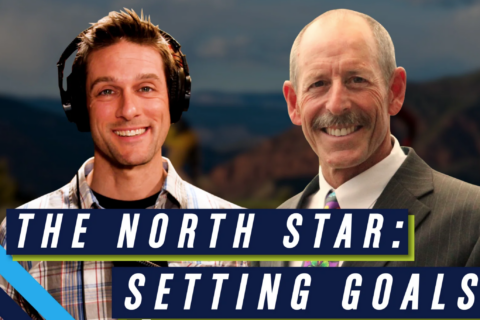
The North Star: Setting Goals to Give You Direction, with Will Murray
Coach and author Will Murray joins Coach Ryan Kohler for a discussion of what makes a useful set of goals, how to develop them, the psychology of goals, and much more.
To optimize performance, it’s as important to train your psychology as it is to train your physiology. Understanding how to deal with issues such as anxiety, confidence, and resilience using tools like self-talk and mindfulness will make you a more complete athlete.

Coach and author Will Murray joins Coach Ryan Kohler for a discussion of what makes a useful set of goals, how to develop them, the psychology of goals, and much more.
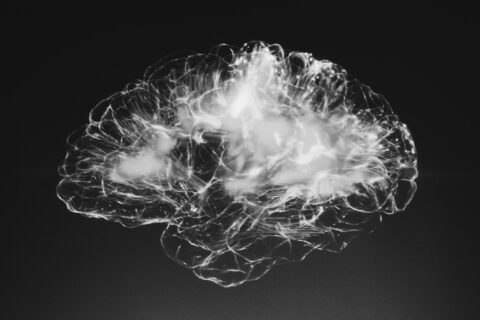
Concussions and traumatic brain injuries are far too common in cycling. We define the causes, effects, management, and preventative measures.

Endurance sports journalist Alex Hutchinson joins Fast Talk Labs to help explain teleoanticipation and pacing.

Physiological improvements are not the only way to maximize performance. Dr. Cheung explores the psychology of feedback, deception, and perception.

Pick a flat or mostly flat terrain, start biking, then listen to Colby Pearce’s moving meditation podcast to relax and think deeply as you ride.
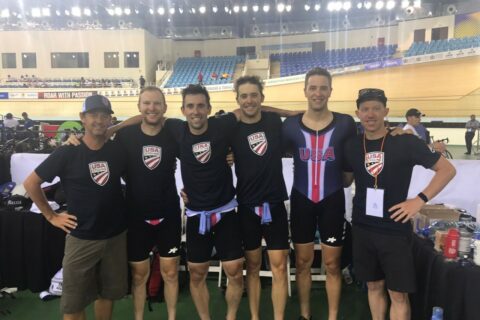
What’s better: a bigger engine or one that’s tuned for a specific goal race? USA Cycling’s performance director Jim Miller shares his training philosophy.
Colby and his former athlete Lydia Tanner discuss her eating disorder and how it affected her training, then her recovery.
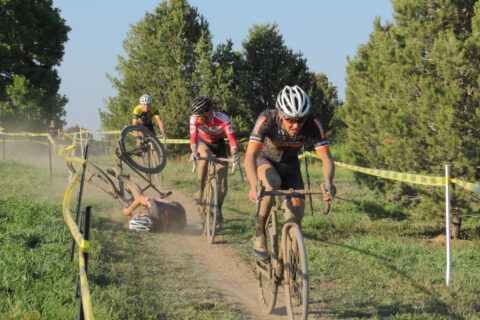
We provide the psychological tools that will help both with uncertain circumstances in life (like a pandemic) and with addressing the emotional rollercoaster that is bike racing.
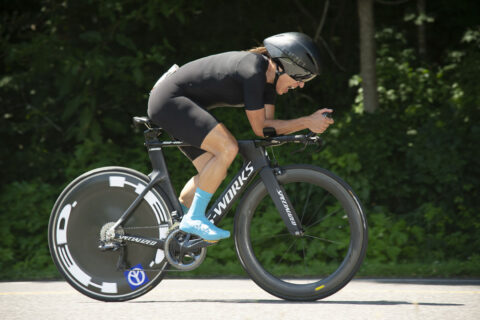
What is confidence? What is resiliency? What is pressure, and how can we better handle it? These are some of the questions we tackle in today’s episode.
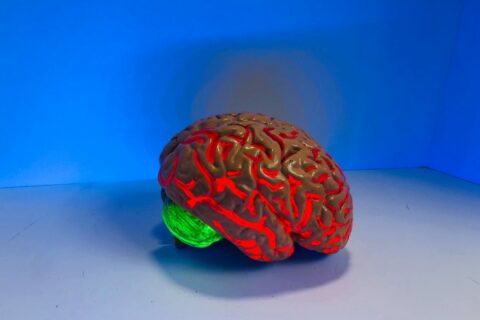
Mindset in cycling, especially racing, is an important and frequently neglected side of our training. Mindset is often all that separates the best from second best and can be the difference between reaching the podium or finishing a race.